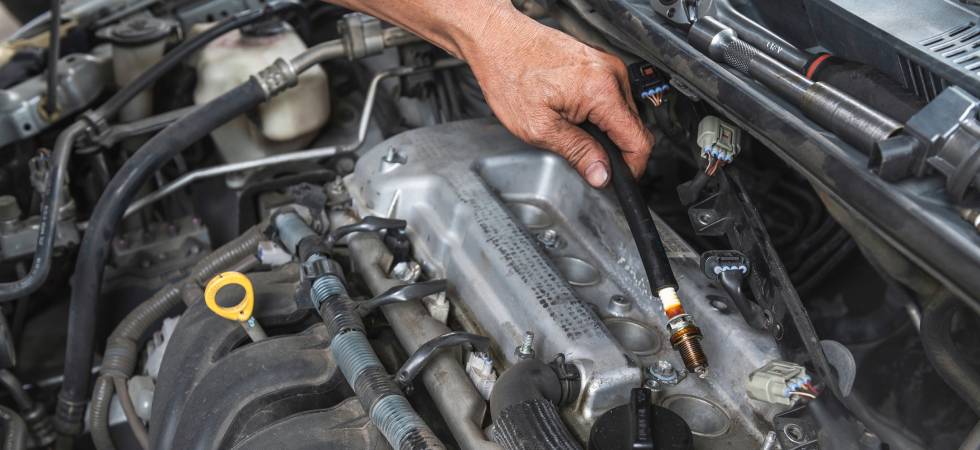What To Do if You Notice Your Engine Misfiring

If you drove your car recently and suddenly felt a strange shaking or stuttering sensation coming from the engine, you should know that this unsettling experience is often a sign of an engine misfire. While it might seem like a minor inconvenience at first, you should never ignore your engine misfiring. Instead, take action, and make sure to follow these important steps if you notice your engine misfiring.
Check Your Spark Plugs
Worn or faulty spark plugs are one of the most common causes of an engine misfire. These small but essential components are responsible for igniting the air and fuel mixture in your engine. Over time, spark plugs can become dirty, corroded, or worn out, leading to poor combustion and misfires.
If you suspect your spark plugs are the problem, inspect them for signs of wear, such as carbon buildup, cracks, or damage to the electrodes. If they look worn, replacing them with high-quality spark plugs can often resolve the issue quickly.
Replace Your Coil Packs
Coil packs are a crucial part of your ignition system, and they work to generate the high voltage needed to create a spark in your engine. Over time, coil packs can wear out or fail, especially in older vehicles or those with high mileage.
Thankfully, to know how often you need to replace your coil packs, you simply need to consider how long you’ve had them and how you drive. Aggressive driving and extreme temperatures can quickly wear down your coil packs. If you think they’re wearing down too quickly, it may be time to get a professional mechanic to replace them and keep your engine running smoothly.
Don’t Ignore the Issue
One of the most important steps to take when you notice your engine misfiring is to act quickly. That strange shaking, stuttering, or loss of power you’re feeling isn’t something to brush off. A misfire means that one or more cylinders in your engine aren’t firing properly, which can cause uneven performance and strain other components of your engine. Ignoring the issue could result in further damage, such as overheating, catalytic converter failure, or even engine damage.
Check the Fuel Injectors
Your fuel injectors play a critical role in delivering the precise amount of fuel to each cylinder. Over time, injectors can become clogged, dirty, or damaged, disrupting the fuel flow and leading to misfires. Signs of a faulty fuel injector include poor acceleration, rough engine performance, or a noticeable drop in fuel efficiency. Consider getting a professional cleaning, or replace the fuel injectors if needed to keep engine misfires at bay.
Any type of engine malfunction can be a frustrating and potentially costly problem, but if you know what to do if you notice your engine misfiring, you can save yourself from bigger headaches down the road. Remember, regular maintenance is your best defense against misfires and other engine issues. Taking proactive care of your vehicle ensures it performs at its best and keeps you safe on the road.
